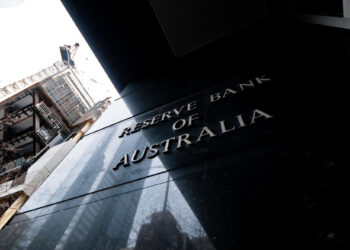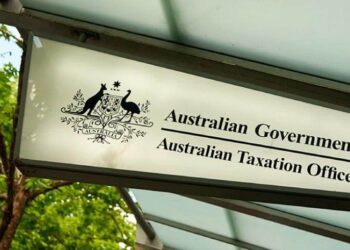Any code of conduct covering insurance inside superannuation needs to be enforceable on superannuation funds and insurers from the get-go, according to plaintiff law firm Maurice Blackburn.
Maurice Blackburn principal, Josh Mennen warned against any watering down stating it was essential that the Insurance in Superannuation Working Group (ISWG) guaranteed that all parties, including trustees, were bound by the final code of conduct.
“The ISWG appear to be considering watering down the crucial objective that all trustees of regulated super funds be bound by the code from inception,” he said and noted reported comments that the final code might not be enforceable to begin with.
“To the extent that the concerns raised in submissions have merit, they can and should be resolved to ensure that all trustees are on board when the code comes into force in 2018,” Mennen said.
The law firm cautioned against the ISWG allowing concerns about conflicts between the code and the provisions of the Superannuation Industry (Supervision) Act being allowed to substantially erode the value of the code.
“The ISWG process must ensure any final code from the get-go has teeth or it risks having all the bite of a month-old lettuce. It must be enforceable with regulatory oversight and binding,” Mennen said.
“For the ISWG to concede that it is comfortable with releasing a final code that might ‘start non-binding’ and that if ‘enough sign up from the outset it will become the industry standard’ undermines the basic objective of an enforceable code of conduct,” he said.




